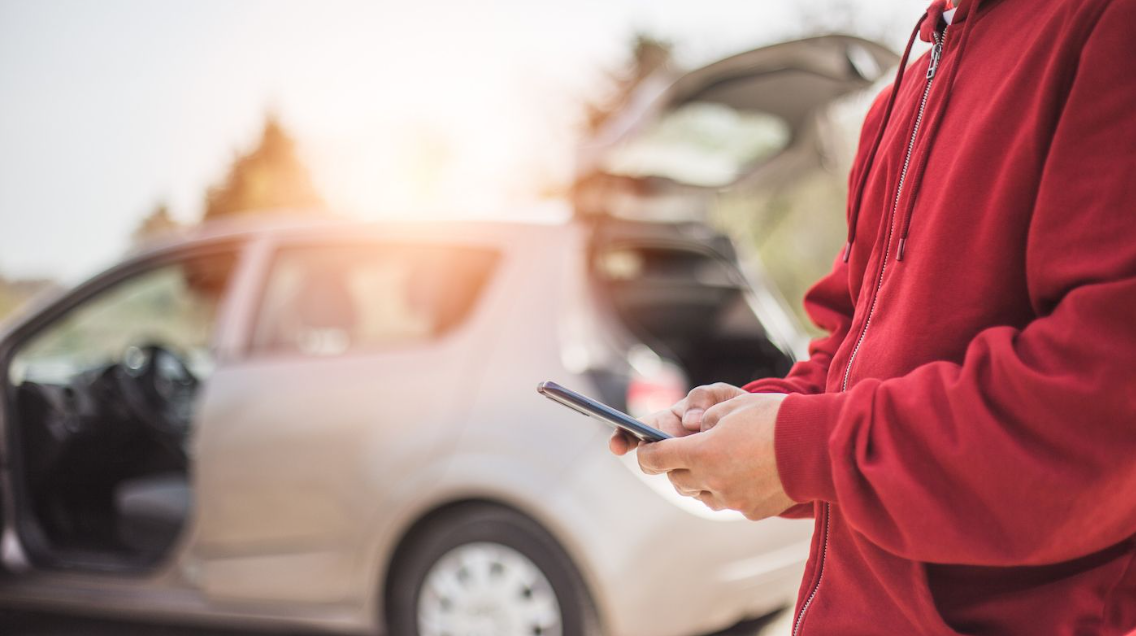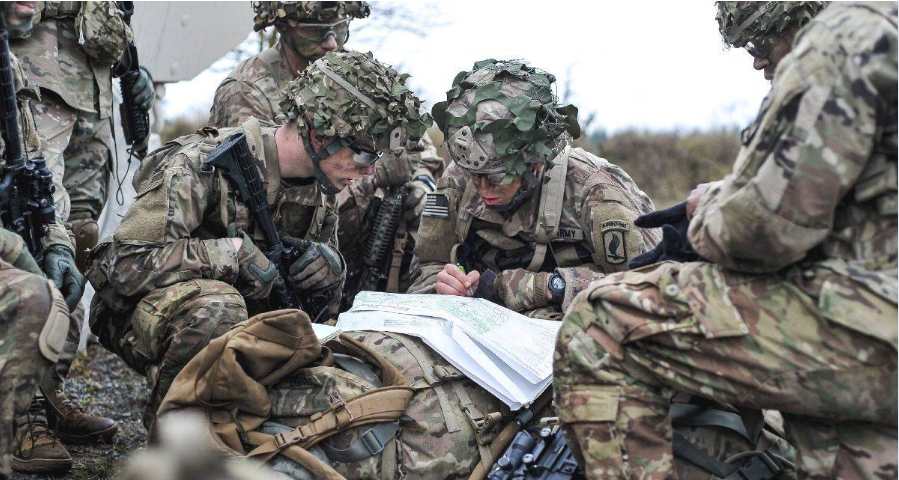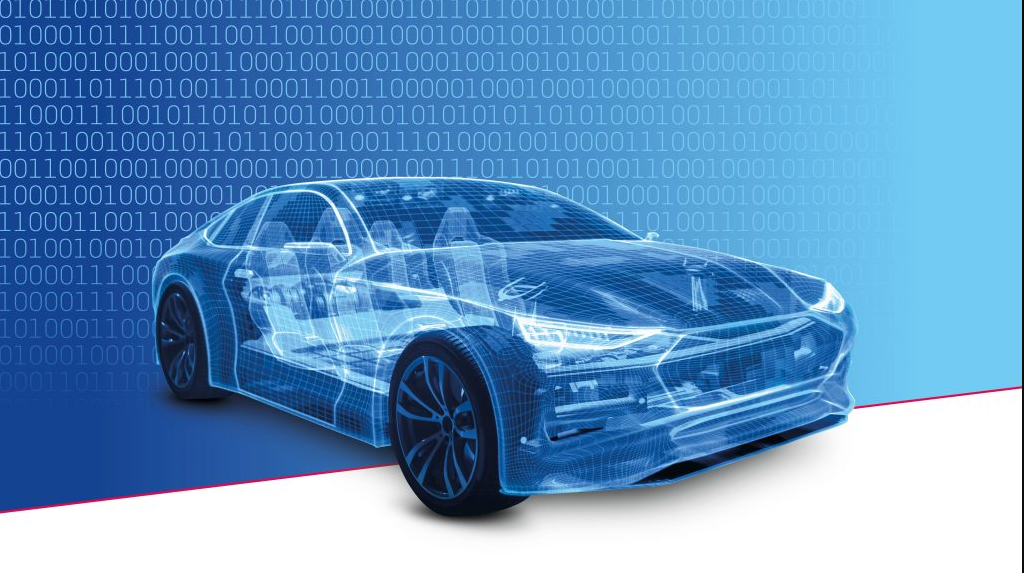The Importance of Auto Insurance: How to Protect Yourself on the Road
Auto insurance is one of the most essential parts of driving responsibility. Whether you’re a novice driver or someone who’s been behind the wheel for decades, auto insurance goes beyond meeting legal requirements. It provides monetary security, peace of mind and safety in a see-no-evil world of traffic accidents, natural disaster and other unforeseen occurrences. To stay safe on the road setting a family-like protection in place that includes a car-applied policy’s well known “no wrong-doing” cover is essential.
The Essentials of Car Insurance
auto insurance is designed to provide financial protection for the driver and passenger involved in an accident. The impact it makes financially is decisive, sparing you much expense that might be incurred after an accident or major damage to your vehicle. Here are four key reasons why having auto insurance is so important:
Legal Requirements
In most countries and states, auto insurance is a legal requirement for all drivers. If you drive without it, you not only break the law but can be subject to fines, penalties, licence suspension or even imprisonment depending on the seriousness of your offence. In most jurisdictions, a minimum coverage level of liability insurance is mandatory. This insurance covers damages and injuries that you might cause others in an accident.If you comply with these laws, you are not only protecting yourself from legal consequences but also ensuring that others can be compensated in case of an accident.
What if an accident happens that you are involved in your car? Car insurance can help alleviate the heavy financial burden of accidents. Car repairs, doctor bills for injuries and the prospect of lawyer’s fees can all add up to quite a large bill. While auto insurance won’t cover your medical expenses if you ever cause an accident, it will bear almost everything else. For example, if the other driver is injured and his car damaged in that accident, uninsured motorist coverage would compensate him accordingly and not leave you out-of-pocket.
For the non-collision causes of injury to your car–such as weather that gets more severe or vandalism–comprehensive automobile insurance is in order. By including this protection on your policy, damage from hailstorms and floods are covered; and you’re off the hook for expenses in fixing a car that’s been damaged by acts of vandalism. Without this type of insurance, the owner would have to pay the entire tab for any damage done to their automobile if it is due entirely to one of these reasons.
With auto accidents often come steep medical bills for you and occupants of the car. If injuries are severe, care can really add up fast. Many auto insurance policies offer personal injury protection (PIP) or medical payments coverage, which pays for medical expenses, lost wages and even rehabilitation costs–irrespective of who was at fault in the accident. This is a great help after sustaining an injury on the road and ensures that you do not have to deny yourself needed medical care.
In spite of the requirement for liability insurance some drivers still violate the law by not being covered. If you have an accident with an uninsured or underinsured driver, you could end up paying for vehicle repairs and medical expenses out of your own pocket.
UNinsured/underinsured motorist coverage
As a result of the change to NYS law in October 2003, this is generally now considered to be an essential part on any car insurance policy. It may also be mandatory in your state as well when you want or need certain kinds of coverage such as liability or comprehensive and collision! protection from uninsured drivers is when the other driver doesn’t have enough–insurance to pay for damage they ’ ve caused you.Types of Auto Insurance Coverage
Learning the different types of auto coverage available can help guide you toward choosing the appropriate policy for yourself. Here are some typical kinds:
Liability Insurance
This is the simplest type of coverage–and often legally required. It pays for whatever injuries or damages another person might suffer because of an accident caused by you. It comes in two forms.
Bodily Injury Liability: If in an accident you injure someone, then this part of the policy pays for medical expenses, lost income and legal defense or claim costs on your behalf as well.
Property Damage Liability: This component pays for damage to others ‘ property, such as their car or personal property.
Collision Insurance
If you buy this insurance, then the insurer pays for–whether through repairs or replacement costs–your car ’ s repairs or total loss shouldn’t matter if the accident was your fault or not. When you finance or lease your car, most banks will hold your nose and insist that you take out collision travel protection before they go into that transaction with you. (In this way at least it ‘ s their money being spent on future losses by you.)
What is Comprehensive Insurance?
Comprehensive insurance is meant to protect you from non-collision-related damages to your vehicle. Theft, fire, flood or windstorm are usually covered by this kind of insurance. It is needed for drivers who want full protection against anything that could happen to their car except a crash or rollover.
Personal Injury Protection (PIP)
PIP, or no-fault insurance, covers medical expenses and often lost wages together with other relevant costs wherever you are guilty of an accident. It guarantees speedy treatment for you and your passengers without worrying about blame or waiting around for insurance companies to settle claims.
Uninsured/Underinsured Motorist Coverage
Carrying this kind of insurance pays back to you if you should meet up with someone who either doesn’t have automobile insurance or has too little of it. This kind of policy will assure that your medical bills, and even vehicle repair expenses are paid even by drivers who caused the accident and couldn’t afford them.where”s Revised Edition?
How to Choose the Right Auto Insurance Policy
The correct choice of auto insurance policy is essential to making sure you have enough protection. Here are some tips to help you make the best decision:
Evaluate Your Needs
Consider the value of your car and how you use it, as well as what your current economic conditions are like. If your car is older than three years or so, and running well, some think you may not need collision protection anymore while new autos with higher prices tends to both this and comprehensive coverage.
Know the Minimums Required by Your State
Different states have different requirements for minimum car insurance. This varies by state but you should conform to your home’s needs and take care extra coverage.
Evaluate your Budget
: You may be tempted by a low-cost policy. But try to balance cost against how well you’ll be protected. Less costly premiums may mean greater deductibles or smaller coverage-which GP could cost YIR more out of pocket after an accident. Look for Discounts
: Many insurance companies reward safe drivers with lower rates. Bundling all of your policies through the same agent (such as car and home insurance) also usually results in a large discount on premium charges. There are also certain safety features on your car that may earn you a reduced premium; be sure to inquire about such options. Find out ahead of time if these cost savings could even just fit into an existing budget. Consider Your Deductible
: Before your insurance ‘turns on’ and begins to pay, the deductible is what you’re out of pocket. A higher deductible generally equals lower premiums, but that also signifies you’ll need more money up front if ever you file a claim. Make sure that your chosen deductible dovetails with your financial comfort zone. The Peace of Mind that Auto Insurance Provides
The main reason people purchase auto insurance is for protection–protection that will withstand any eventualities. Autos are accidents waiting to happen, and having comprehensive auto insurance guarantees that you are prepared for anything that can put your life at risk along the road. Car insurance not only saves your pocket book, it also makes sure your family, passengers, and other drivers in an accident are taken care of. Without auto insurance a slight prang can cost you thousands of dollars to repair, and a major accident might mean doctors’ bills and lawyers’ fees beyond your ability to pay. Auto insurance gives you security against these uncertainties, making it possible to drive in peace knowing that you’re covered.
Conclusion
Auto insurance is not simply a requirement of the law. It is also a critical safety net that saves you, your passengers and others on the road from poverty, injustice and prison. Whether it be for covering accident-related costs or protecting yourself against uninsured drivers, the correct auto insurance coverage means that both present and future dangers are better prepared against. Only by knowing what different kinds of services there are out there and finding a policy which matches your needs, can you really save your economic future from suffering I’m sorry to say. At the same time though, if it’s done properly then we are able to avoid financial disaster later down the line!









